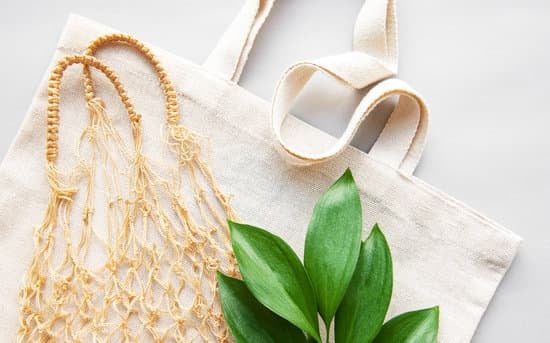
The word sustainable clothing has been floating around in the fashion industry for quite some time now. You must've seen your favorite brand adopt the sustainable fashion methodology over the past few years. While most of us might have heard this term through our friends or read about it on our favorite shopping websites, this comprehensive guide on sustainable fashion will clear all your doubts about this term!
Did you know that the fashion industry accounts for over 10% of greenhouse emissions across the globe? Therefore, there's no doubt that the fashion industry is destroying the environment at an alarming pace. That said, the industry recognizes its carbon footprint and is beginning to take accountability for the same by choosing a sustainable way.
The word sustainable in the literal sense means something that can last for a long time. Therefore, sustainable clothing items must be manufactured in ways that make the item last for decades to come. However, in today's world, fast fashion is dominating the market. Fast fashion is designed to be consumed at a lower price quickly and formulate the viewpoint that clothing items are disposable rather than reusable.
Sustainable fashion is a term used for clothing items that are designed, manufactured, and distributed in an environment-friendly way. Another popular term that is closely related to sustainable fashion in the conscious consumerism world is ethical fashion. This term is used for clothing that is manufactured in ways to value social workers and their rights. Socially equitable practices and environmentalism are two sides of the same coin. These two factors tie the knot between sustainable fashion and ethical fashion.
Reduces the Environmental Cost: Even though fast fashion is a cheap alternative for us consumers, it is an expensive option for the environment. As stated in the above section, the fashion industry is accountable for 10% of global greenhouse emissions. Furthermore, fast fashion clothing items also cause significant air and water pollution. When you choose to go the sustainable way, you make a responsible and eco-conscious choice to create a better tomorrow.
Preserves Natural Resources: The production strategies in the fashion industry also need to undergo a significant change to make way for sustainable fashion. Sustainable clothing items are based on the concept of reduce, repair, and recycle. You'd be surprised to learn that only 3% of the clothing materials are recycled whereas the rest of the 97% of resources are utilized in the manufacturing process. Adopting a sustainable fashion strategy helps streamline the manufacturing process, makes it less cost-intensive, and with very little material. This helps preserve natural resources down the line and improve the image of your brand.
Prefer Clothing Quality: Brands that manufacture sustainable clothing use materials such as bamboo to reduce their overall consumption of synthetic fabrics. This helps brands save up their costs and promote handmade products to the general public. Such handmade items also add a sentimental value that the customers love. Brands that follow the principles of sustainable fashion also utilize more plant-based and organically dyed fabrics which do not utilize any genetically modified organisms during their manufacturing process. Furthermore, such brands strictly prohibit the use of pesticides, insecticides, and also respect the workers and their working environment.
No More Animal Suffering: As stated in the above section, sustainable clothing is manufactured out of plant-based or organic products which help put a halt to animal suffering. You'd be shocked to learn that the leather industry alone is responsible for killing nearly 430 million animals every year. Therefore, the welfare of such innocent animals is of utmost priority to brands that walk on the path of sustainable fashion. Several brands have opted for manufacturing recycled fabrics that will help take over the leather industry in the coming few years.
Cut Down Water Consumption: The fashion industry consumes water at an unbelievable rate. From the cultivation of yarn to the processing and dyeing of fabrics, water is utilized at nearly every step of the manufacturing process in the fashion industry. Did you know? It takes approximately 2700 liters of water to manufacture a t-shirt. On the other hand, sustainable fabrics such as cotton, hemp, etc. utilize very little water and are hence more environment-friendly!
For safeguarding the sustainability of our planet, consumers and brands need to make more responsible fashion choices down the line! When provided with the right options to choose from, there's no doubt that consumers will be more inclined to make environment-friendly choices!

Nov 18, 2022

Nov 16, 2022

Nov 16, 2022
Leave A Reply
Your email address will not be published. Required fiels are marked